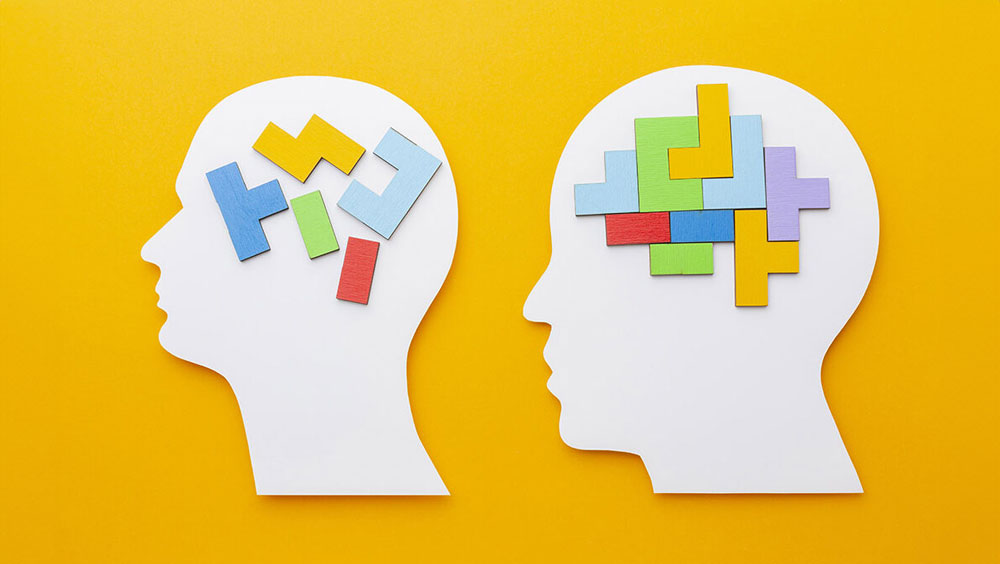Bipolar disorder can feel like an unpredictable storm, with the mind caught between the conflicting forces of mania and depression. Managing this condition requires more than just traditional medication; it often calls for a comprehensive approach that includes cognitive behavioral therapy for bipolar disorder—a proven therapeutic strategy aimed at helping individuals manage and mitigate symptoms. This article delves into how cognitive therapy for bipolar can aid in navigating the tumultuous experiences associated with the disorder, while also highlighting the importance of recognizing the impact of neglecting those with bipolar disorder.
Understanding Cognitive Behavioral Therapy

Cognitive Behavioral Therapy, often abbreviated as CBT, is a form of psychological treatment that emphasizes the importance of identifying and modifying dysfunctional thoughts, emotions, and behaviors. When applied to bipolar disorder, CBT focuses on helping individuals recognize negative thought patterns and learning to respond to mood swings more effectively. Cognitive behavioral therapy for bipolar disorder provides tools and strategies that are essential for improving quality of life..
The Role Of Therapy In Bipolar Management

The application of cognitive therapy for bipolar is designed to address the challenges faced by individuals with the disorder. By working with trained therapists, patients learn to identify warning signs of mood changes early and develop coping strategies to manage them. This proactive approach is critical because early intervention can prevent the escalation of symptoms and potentially avoid episodes of mania or depression..
Enhancing Interpersonal Relationships

Cognitive behavioral therapy is not solely about managing symptoms; it also helps build resilience and improve interpersonal relationships. This can be particularly beneficial considering the social implications that accompany bipolar disorder. People with bipolar disorder often struggle with maintaining relationships, and CBT assists them in developing communication skills and emotional intelligence..
The Impact Of Ignoring A Bipolar Person

Delving deeper into what happens when you ignore a bipolar person, it's clear that the effects can be profound. Ignoring someone with bipolar disorder can exacerbate feelings of isolation and hopelessness, which, in turn, might trigger more severe mood episodes. Recognizing signs of distress and responding with empathy and support plays a crucial role in the well-being of individuals living with bipolar disorder..
Visual Tools In Cognitive Therapy

Images that accompany therapy sessions, such as mood charts, journals, and activity logs, often serve as valuable tools in CBT. They not only help track mood patterns but also foster better understanding and management of the disorder over time. Visual aids in therapy enable patients to become active participants in their treatment, leading to favorable outcomes..
Integration With Lifestyle Changes

While cognitive therapy for bipolar is effective, it is most successful when integrated with other treatment modalities like medication and lifestyle changes. Balanced nutrition, regular physical activity, and adequate sleep complement the therapy process, reinforcing stability and enhancing overall mental health. This holistic approach is a foundation for sustainable management of bipolar disorder..
The Role Of Family In Therapy

Family involvement in therapy can also catalyze healing and support. Educating family members about cognitive behavioral therapy for bipolar disorder allows them to understand the challenges their loved ones face and how best to provide support. This collective effort fosters a nurturing environment conducive to recovery..
Encouraging Participation And Communication

Throughout this journey, one key takeaway is that ignoring a bipolar person is never a solution. Instead, fostering dialogue about feelings and encouraging participation in therapeutic activities are essential to managing the disorder. Emphasizing open communication and active participation in therapy fosters an environment that mitigates adverse outcomes associated with negligence..
Navigating the complexities of bipolar disorder is a journey that requires a multifaceted approach. Cognitive behavioral therapy for bipolar disorder offers significant benefits, equipping individuals with the tools to manage their symptoms effectively. By fostering a supportive environment through family involvement and understanding the consequences of ignorance, those with bipolar disorder can lead more balanced and fulfilling lives. With continued commitment and comprehensive care, CBT remains a cornerstone in the pursuit of mental health and stability.


